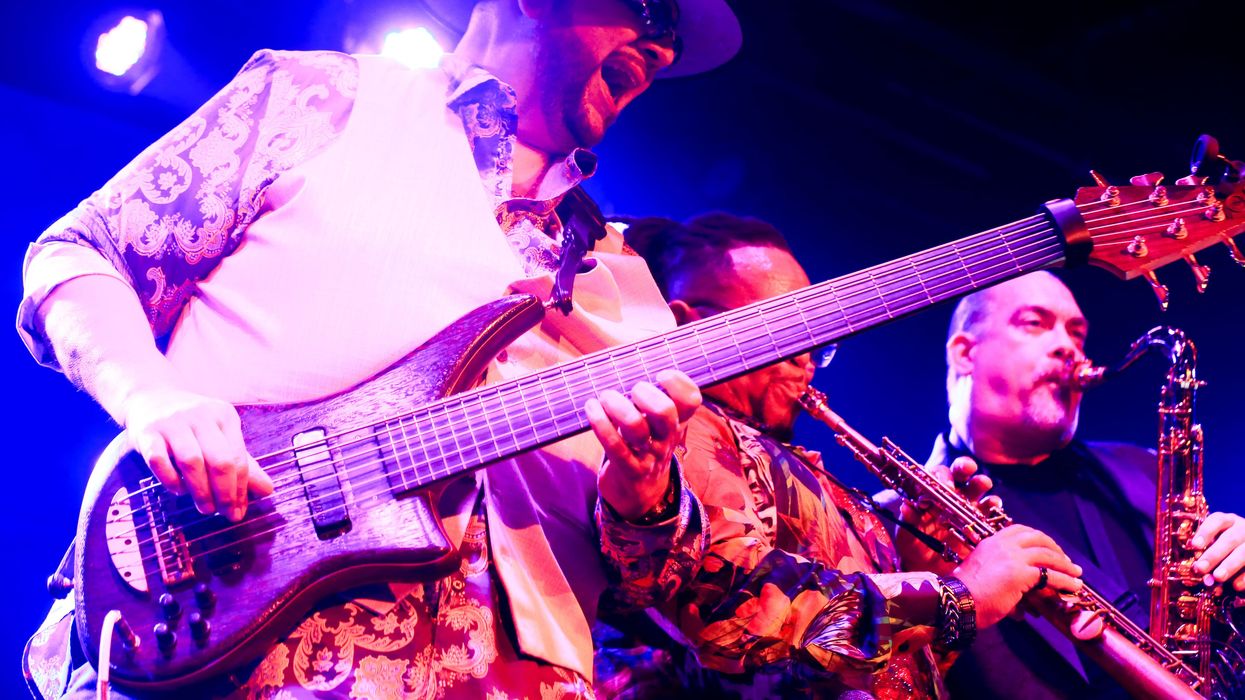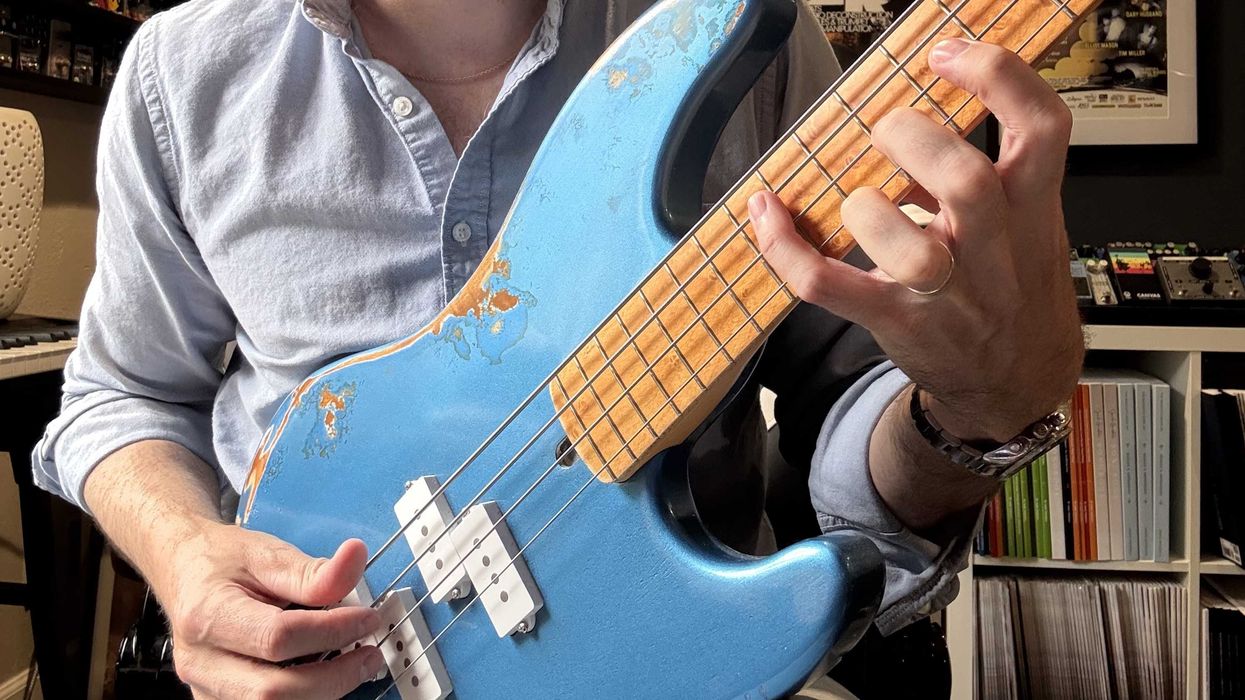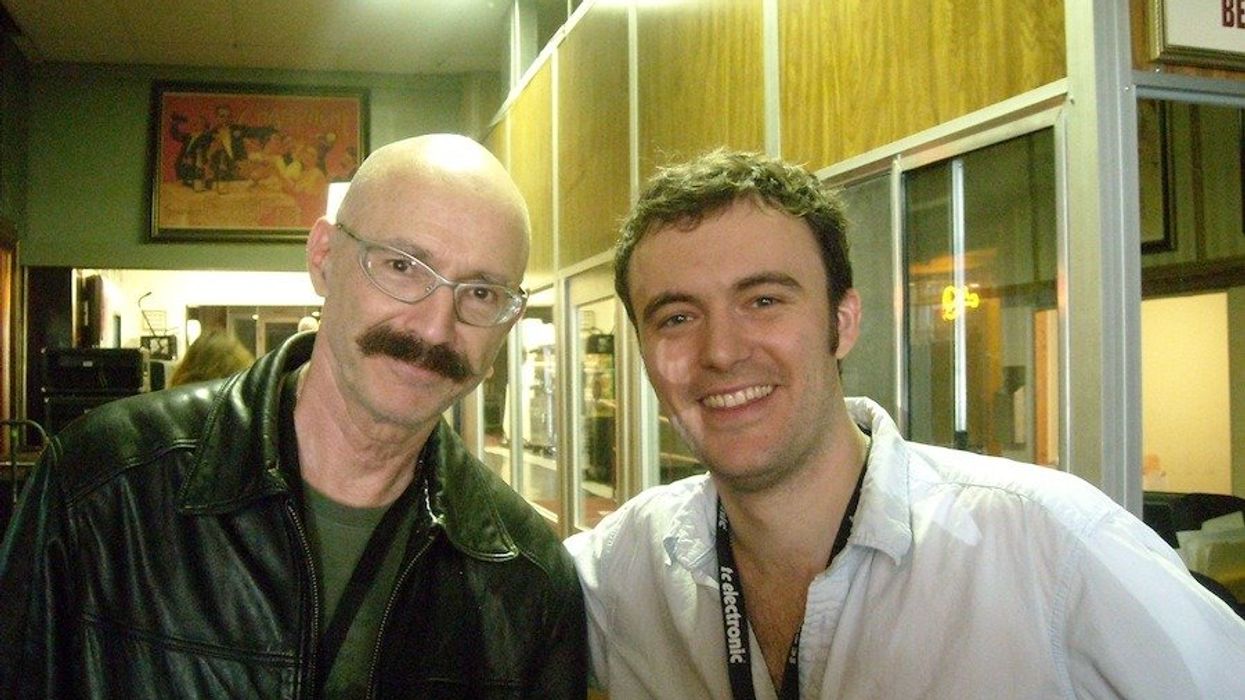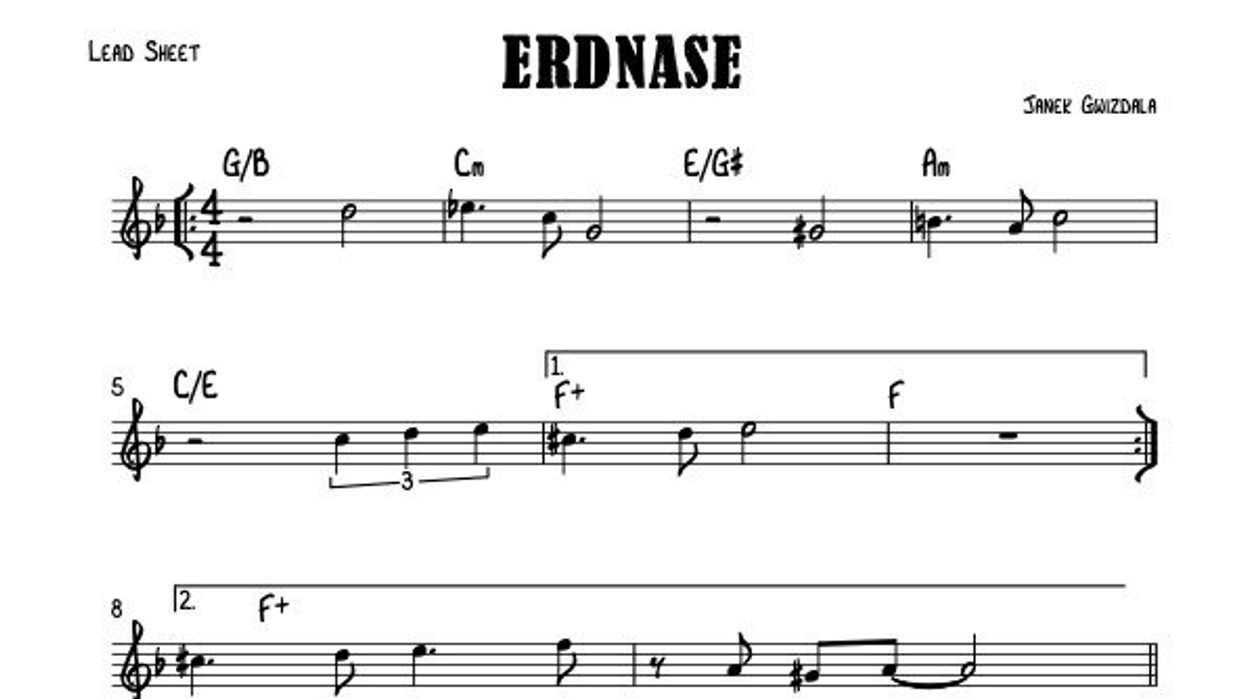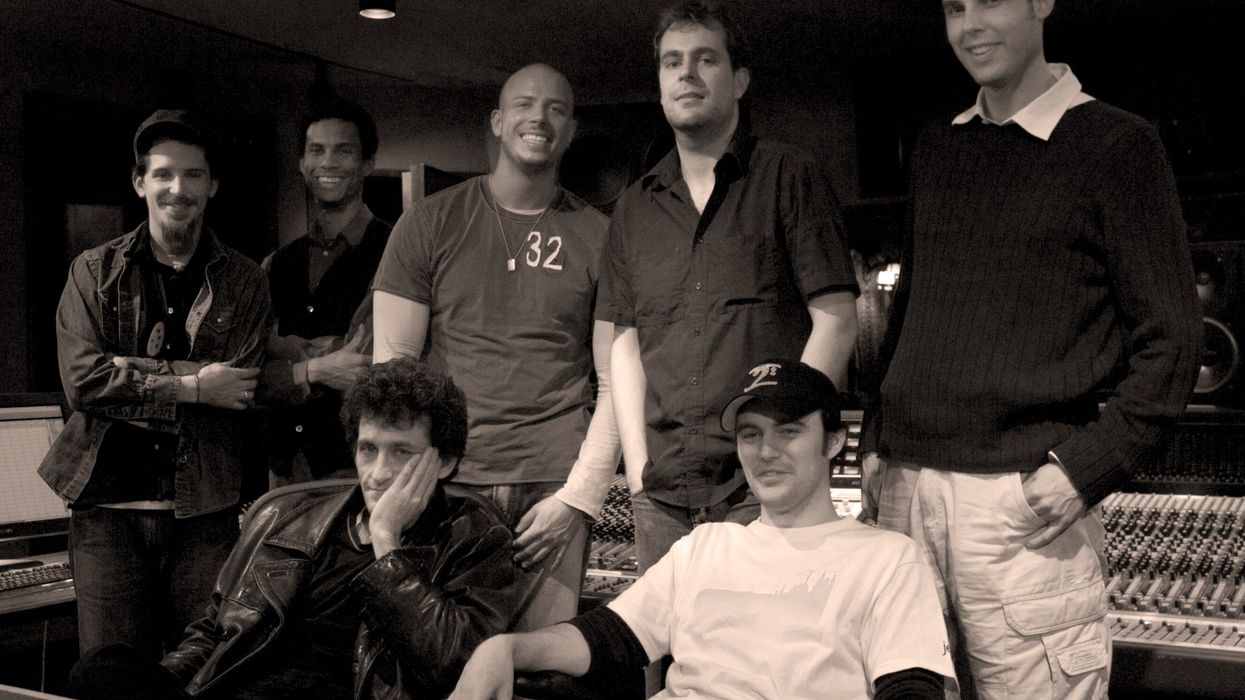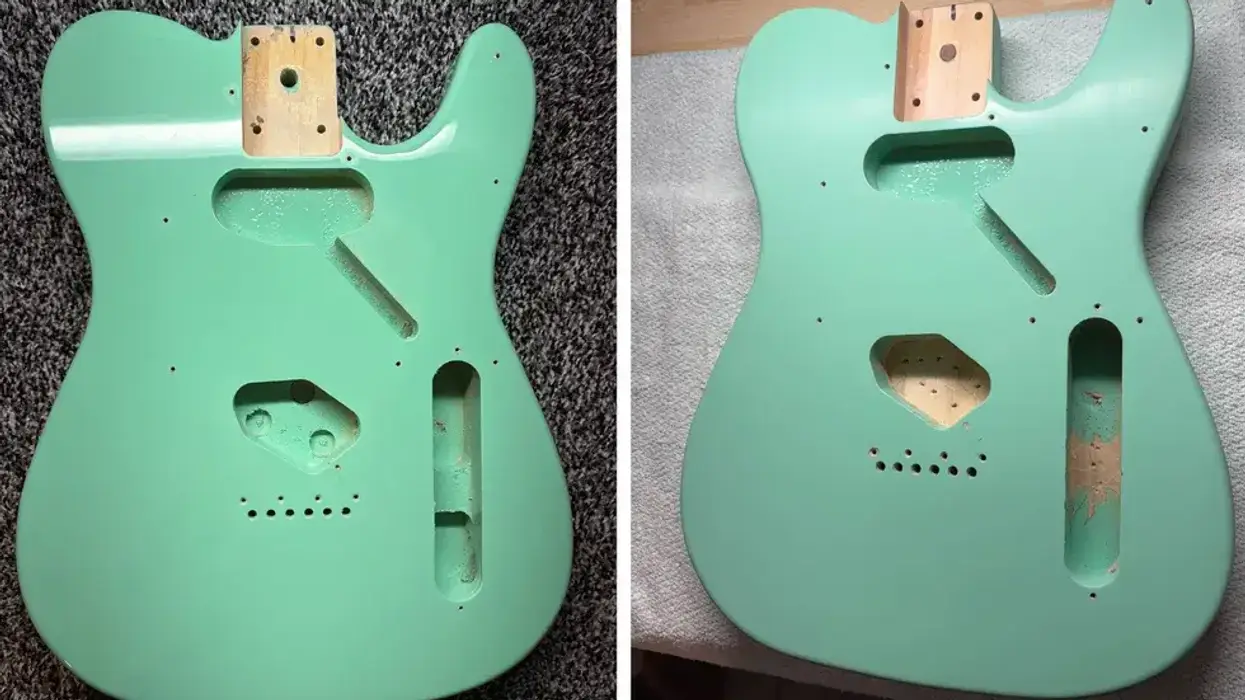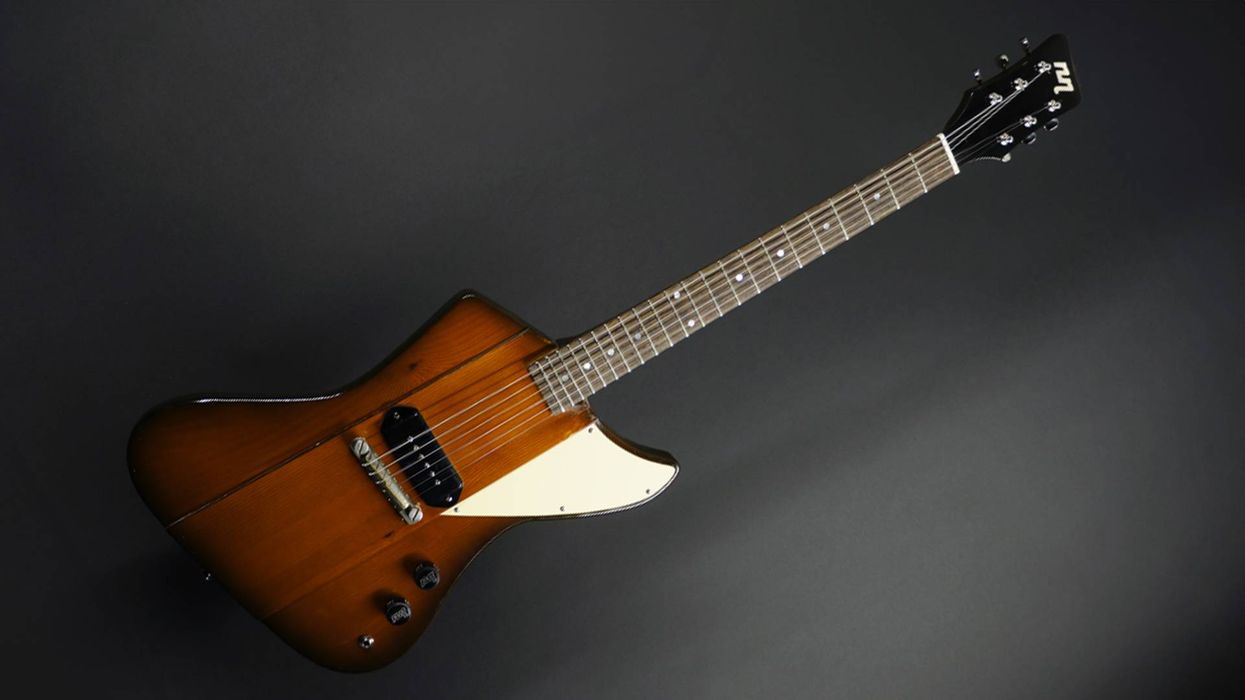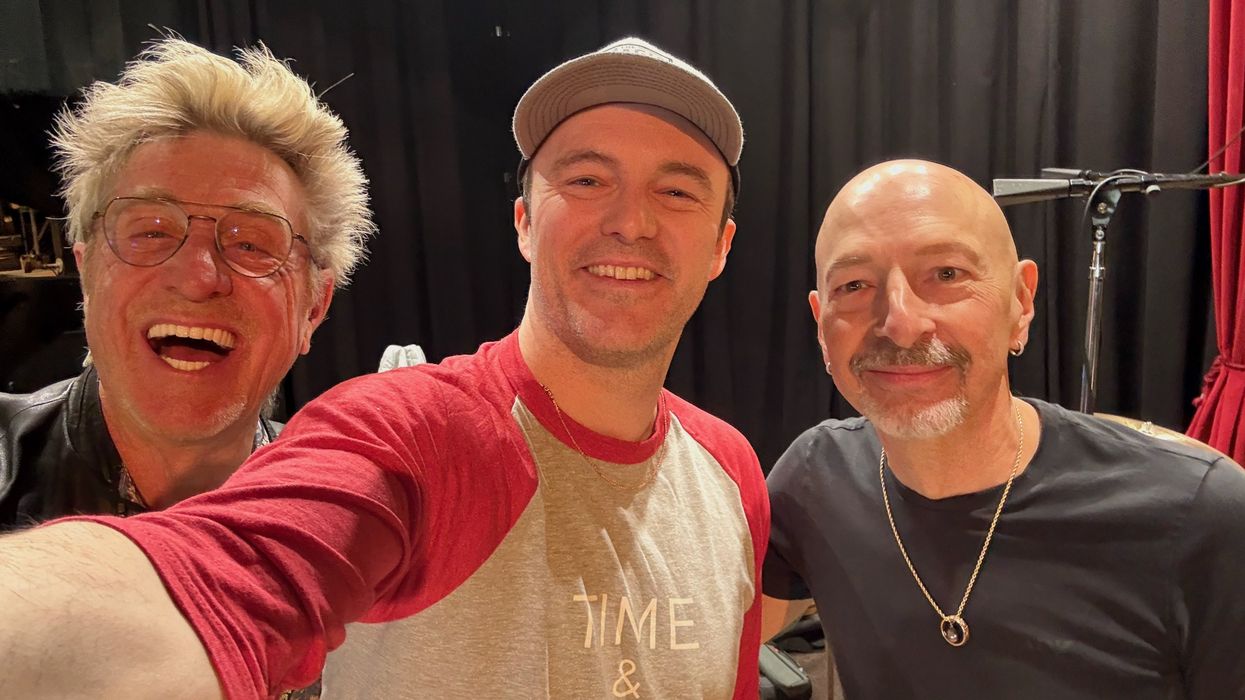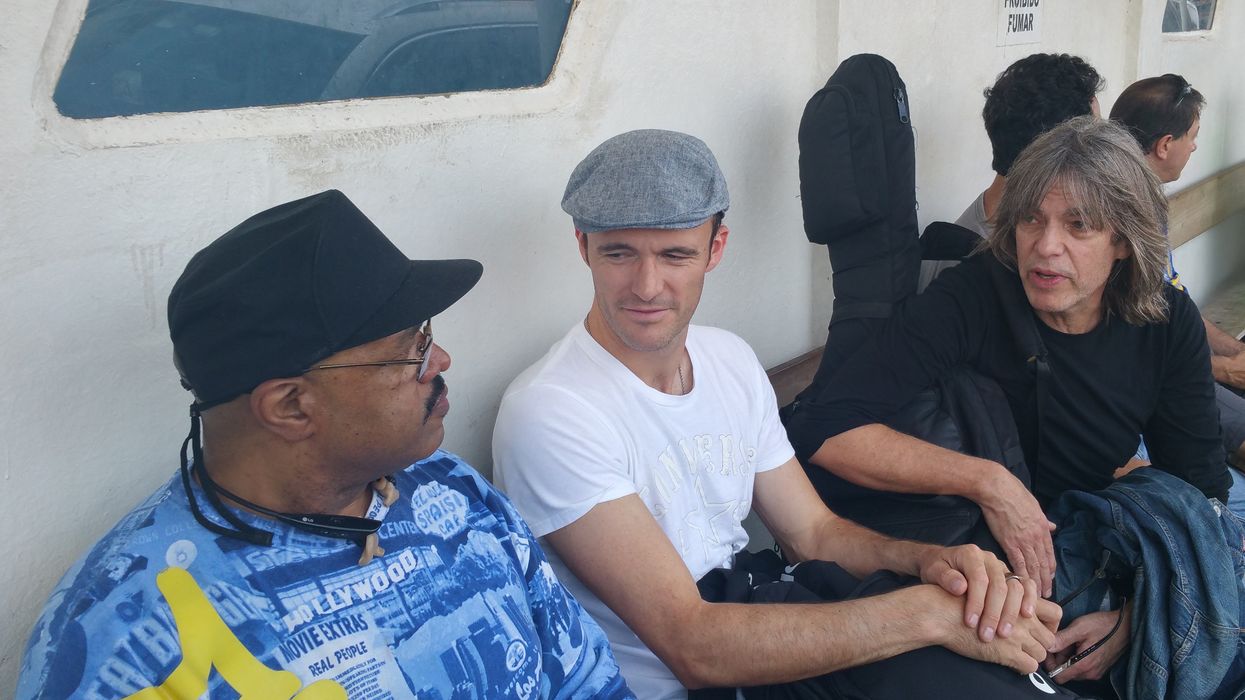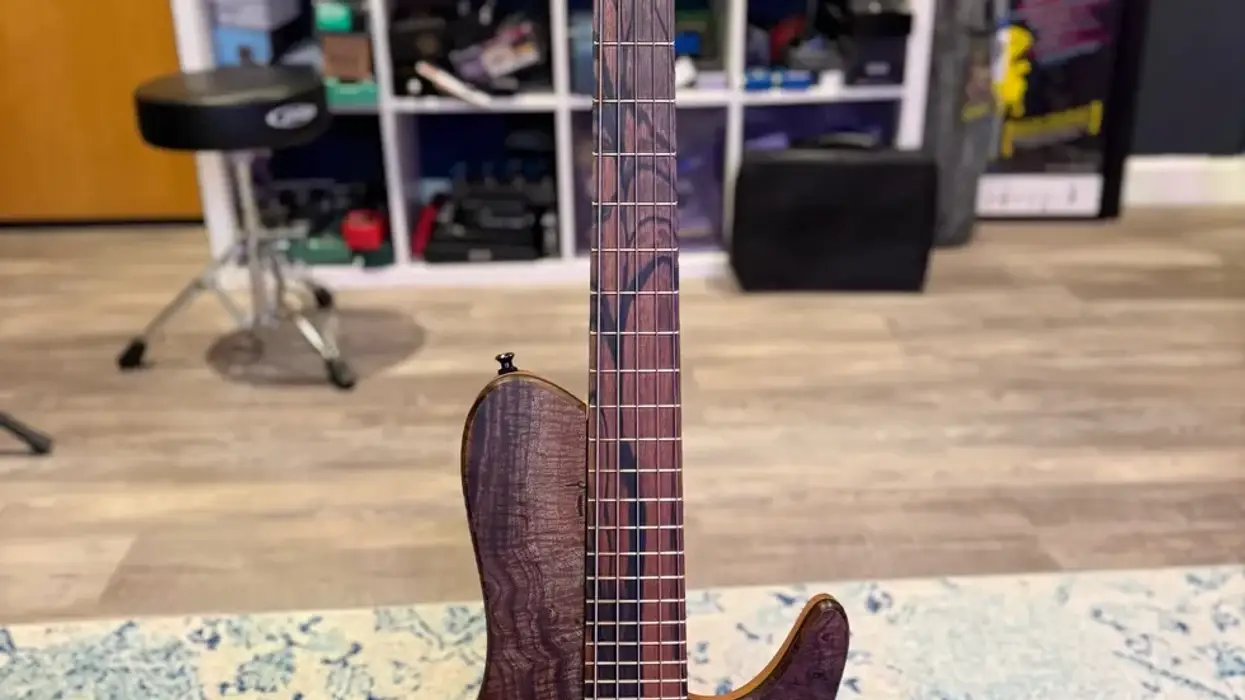Bassists are natural leaders, both rhythmically and harmonically, but filling the foundational function doesn’t always lend itself to becoming an actual bandleader or solo artist. For most of us, that’s just fine. We’re perfectly happy holding it down and creatively keeping things together. (Of course there are plenty of exceptions: Stanley Clarke, Les Claypool, Meshell Ndegeocello, Thundercat, and Victor Wooten, to name a few.)
But for those who do envision themselves centerstage, making the shift to leader requires a new way of thinking. To get some perspective, I wanted to talk to a bassist with recent experience transitioning to being in charge. I immediately thought of Big New York.
I met Big New York nearly 20 years ago at Bass Player LIVE!, back when Bass Player magazine held its annual event in Manhattan, before moving it to Hollywood from 2008 to its final act in 2017. Christian de Mesones told me people only started calling him Big New York after he moved to Virginia, where his stature and distinctive accent stuck out. “In New York, there’s about a million guys who look and sound like me,” he laughs. It turns out that he lived in my sorta-hometown of Woodbridge, Virginia, where he recently retired after nearly two decades driving school buses.
Following his late ’70s graduation from the Bass Institute of Technology, Christian played in dozens of bands over the years. Then, ten years ago—with his wife’s firm encouragement—he decided to start leading his own project. Though he grew up listening to hard rock and heavy metal—kids loved it when he played AC/DC and Black Sabbath on his bus—his own sound blends soul and jazz with Latin feels. After steadily releasing singles and holding high-profile performances with special guests, Christian released his debut album in 2020, They Call Me Big New York. The following year, his track “Hispanica (Instrumental),” featuring legendary pianist Bob James, climbed to No. 1 on Billboard’s Smooth Jazz Airplay charts. This spring he released his sophomore album, You Only Live Twice.
As a leader, Big New York is a composer, an arranger, a marketer, a strategist, a people manager, and a showman—all while still being a bass player. Here’s what he says about these different aspects:
On whether being a leader means always playing the lead: “I’ve always been writing music, from the day I first picked up the bass. I write everything on the bass—melodies, grooves, and chordal structures. I do almost all my writing on my Alembic Epic, but I don’t feel like everything I write has to be played on bass. There are only a few songs where I’m playing the lead melody on bass. If you’re coming into the market brand new, you can’t focus only on yourself or even be the best musician in your band. Believe it or not, the narcissism shows.”
On the critical importance of low end: “If you play lead bass, you have to have another bass player backing you because without it, the music drops. I don’t like that. That’s why I hire a keyboard player that doubles on bass. He keeps his bass nearby for when I play lead.”“I try to make that connection with the audience so they’re with us all the way.”
On having a leadership personality: “You’re taking care of so much—the payroll, the bills, and so many things. So you’ve got to deal with people in a way that they don’t take any energy from you. You may not want to hear someone say, ‘Sorry, my car broke down,’ or ‘My dog ate my homework,’ but that’s what you’re going to get, even from the best musicians on the planet. It’s up to you to bite your tongue, not flip out, and just say everything’s going to be alright. You’ve gotta have backup players, so if one horn player is gone for the gig, you can still do the show. You’ve always got to think of a way to not lose your cool, but it can be hard when it’s your money on the line.”
On showmanship: “When it comes to the dynamics of the show, I know where the lows should be, where the highs should be, where the climax should be. I create it; that’s part of the job. I usually put the bass-led songs near the end. On a recent show I brought in Bill Dickens and Al Caldwell as bass guests, and after the show they paid me a great compliment. They said they really loved watching me leading the band and communicating with the audience. I try to make that connection with the audience so they’re with us all the way.”
On the biggest challenge to being an artist and a bandleader: “The fight to stay relevant. I’m mature enough to realize if I get my few minutes of fame, someone else should get theirs. But when it happens once, you are hoping it’s going to come around again for you. You don’t want to fade away.”